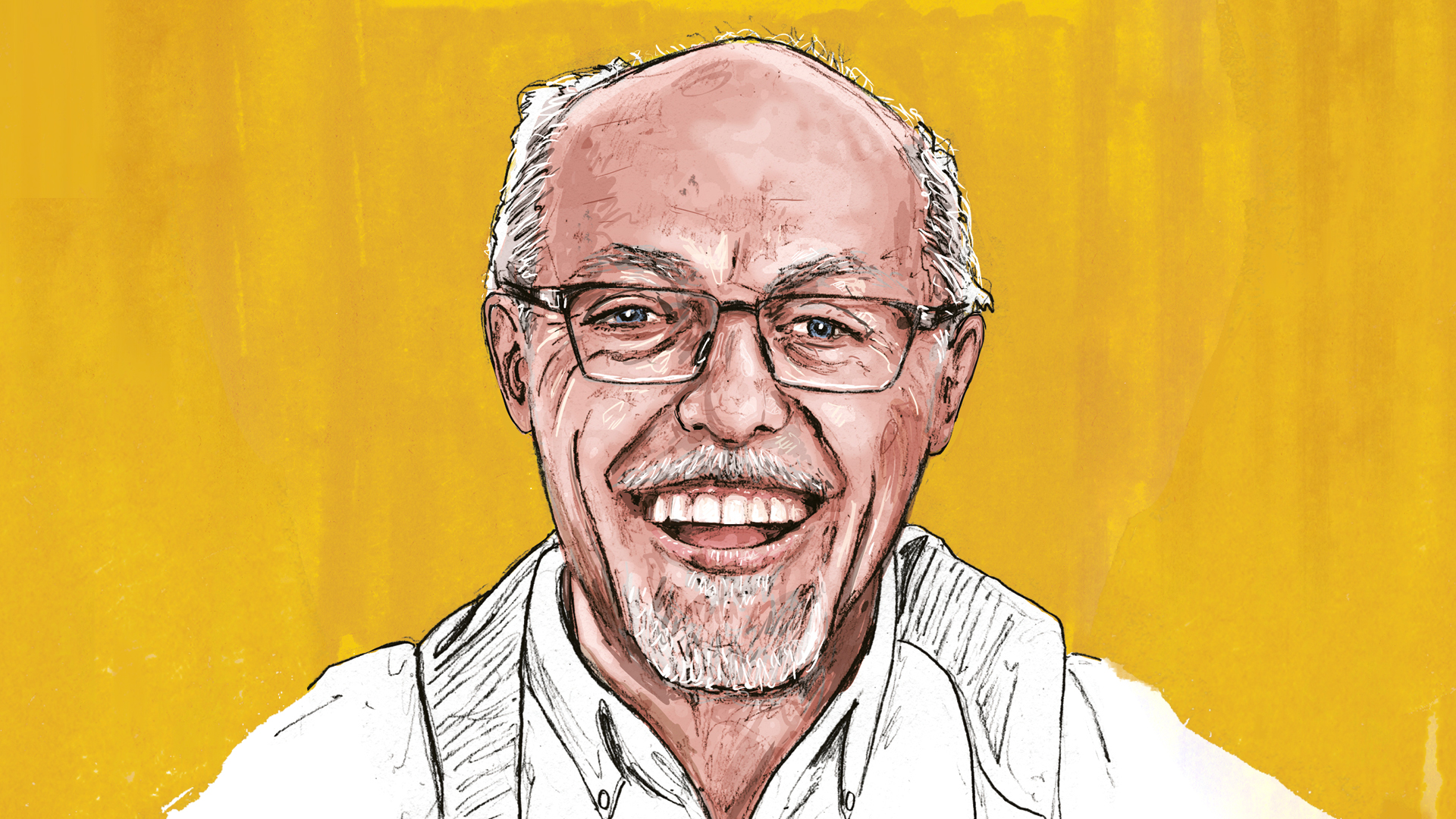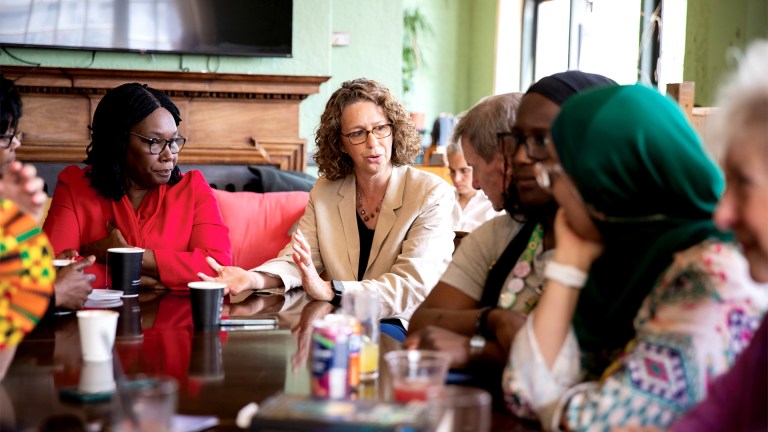This month campaigners across the country are placing a spotlight on men’s health (Movember, anyone?), but much of the real work on men’s wellbeing is being done behind closed doors. Closed shed doors. They’re small non-profit organisations that offer locals, usually men at risk of isolation, the chance to get into craftwork and find community. In 2012, Mike Jenn opened his own in Camden, North London. Now, he heads up the UK Men’s Sheds Association, and has seen the number of men’s sheds across the country – from small huts at the end of a garden to outdoor containers to large purpose-built workshops – grow by nearly 25 times since he founded it.
Jenn worked in charities for nearly 40 years before he retired. It was experience that came in handy when he heard of the men’s shed movement from his son. It had really taken off in Australia around 1990 where most took the bottom-up approach – “That’s getting a group of guys to figure out how to make it happen together,” Jenn, 73, tells The Big Issue.
He loved the idea and wanted it to spread across the UK the way it had elsewhere. At the time, there were four hubs run by Age UK and very few independents. Even then Jenn had his eye on sparking something that could reach across the country, deciding his Camden Town men’s shed would serve as a case study – and proof that no one needed tens of thousands of pounds to open their own.
They retired and miss their workmates. They want to do things
It was less than a year later that he created a website outlining everything anyone needed to know about the men’s sheds concept. The grassroots movement piqued public interest in a big way, so he called a meeting in Camden of the 26 groups who had been in touch through the website looking for tips. He successfully pitched the idea of a national organisation to visitors from all across England, Scotland and Wales.
Jenn founded the UK Men’s Sheds Association (UKMSA) so that it could support and give advice to those who wanted to start one of the hubs in their community. The network continues to gather up experience from its member groups to be passed around the country, and deliberately serves as a reference point for government or individuals who want to know if the concept really works. The UKMSA has more than doubled in membership every year since its launch.
“With a grassroots thing, nothing happens unless people want it,” Jenn continues. “So these guys think ‘oh yeah, I could do with that’. They retired and miss their workmates. They’ve got family but don’t want to sit around with coffee and cake – they want to do things. They realise they could make things for themselves or for the community, and share a laugh with some new mates.”









